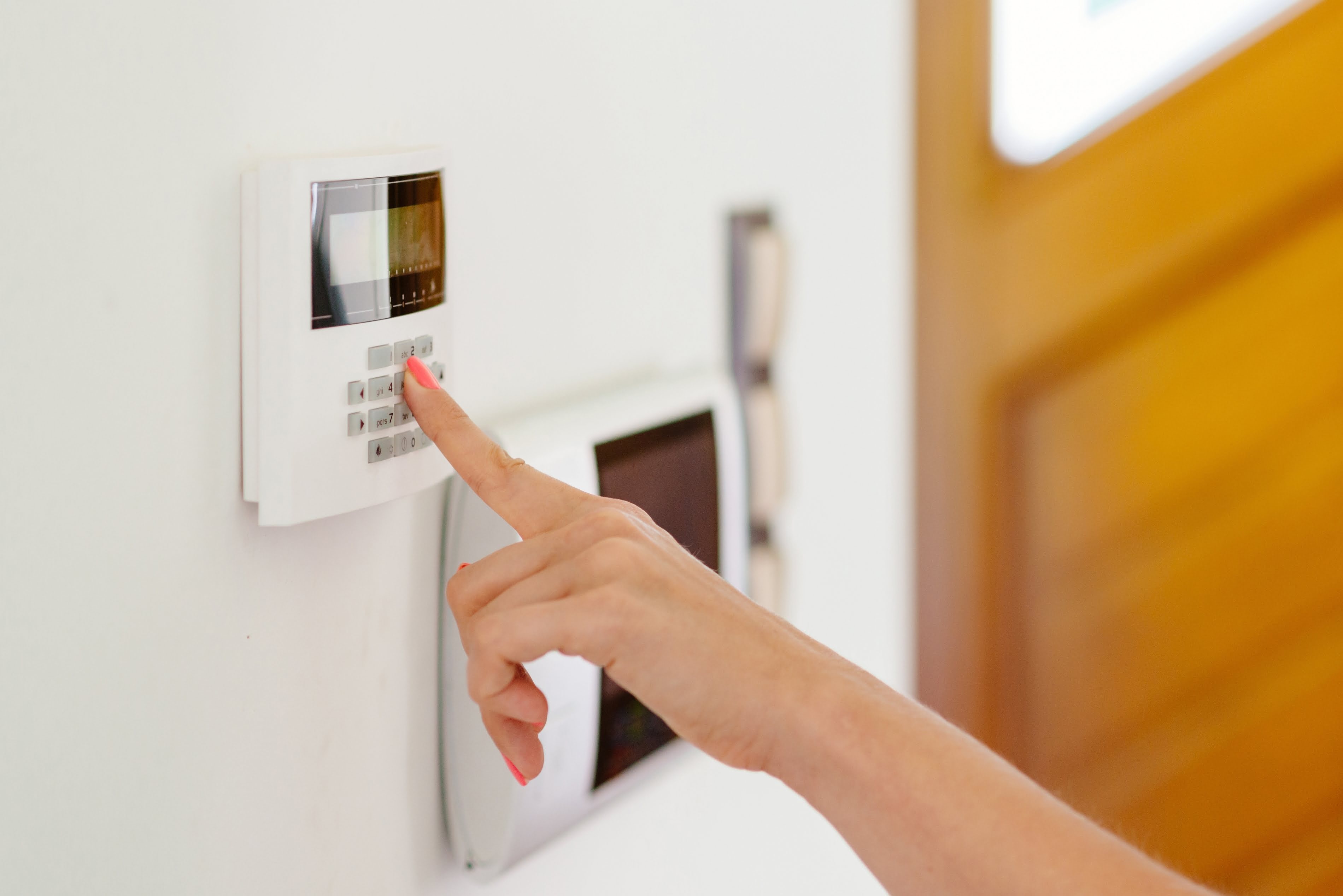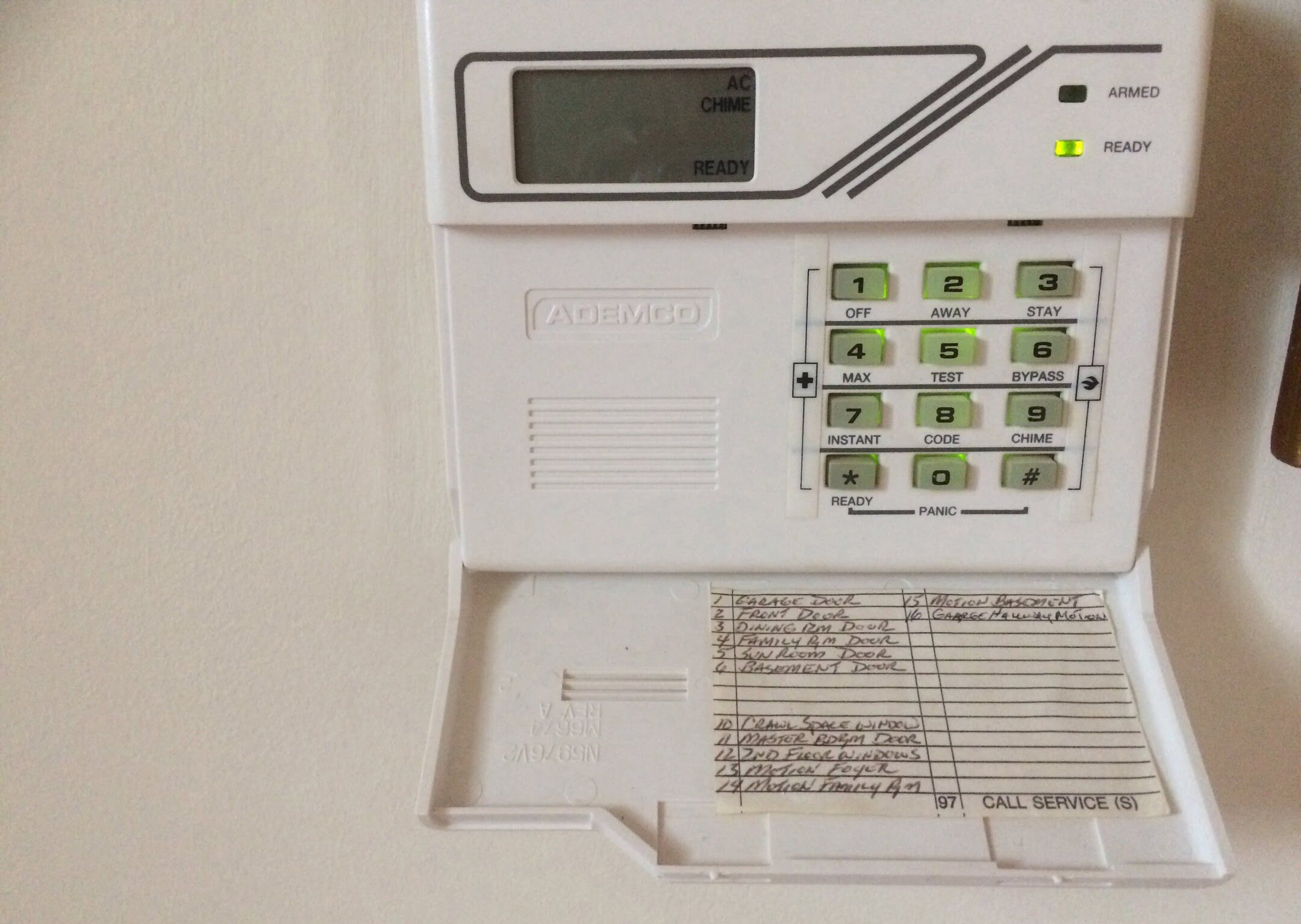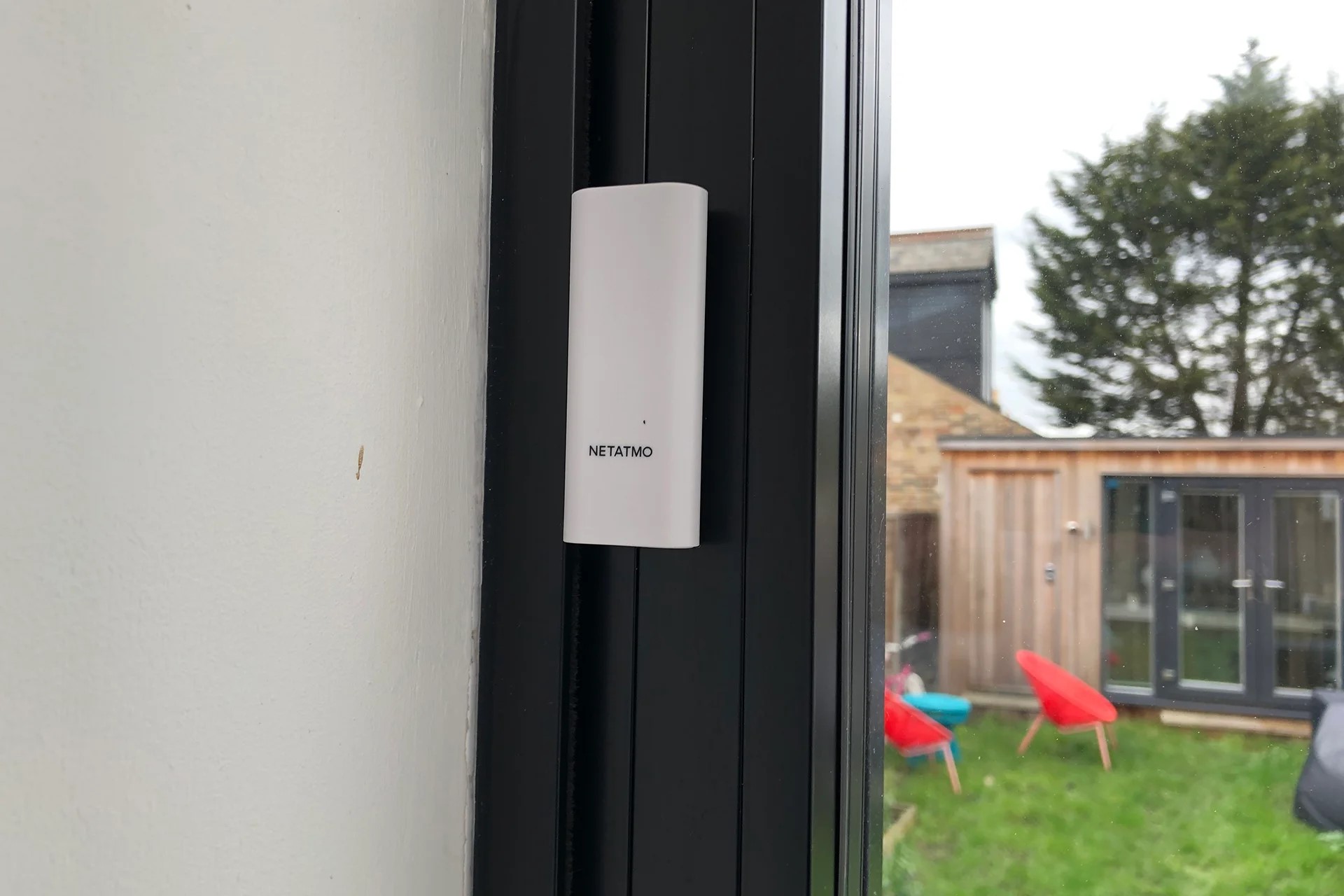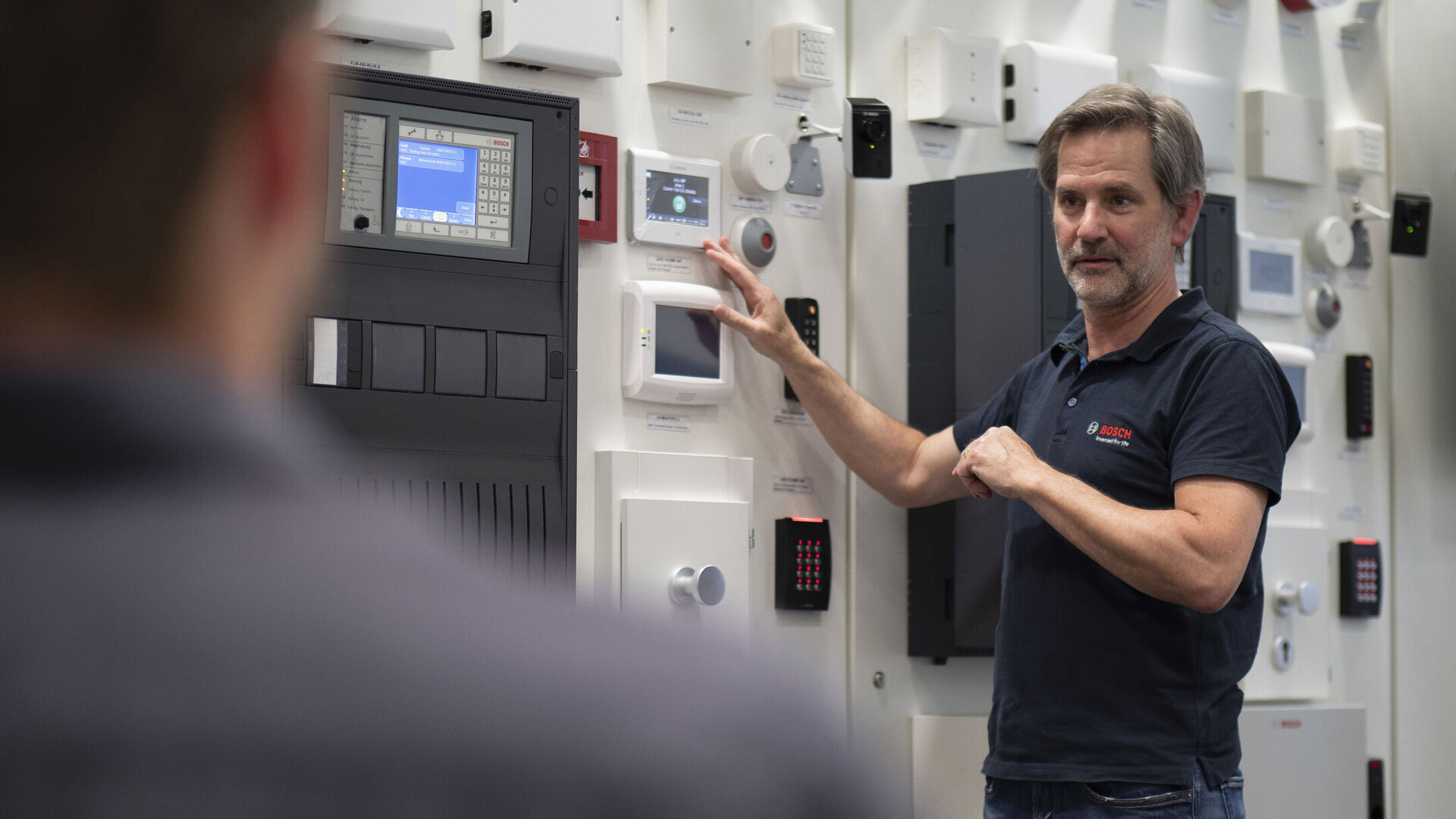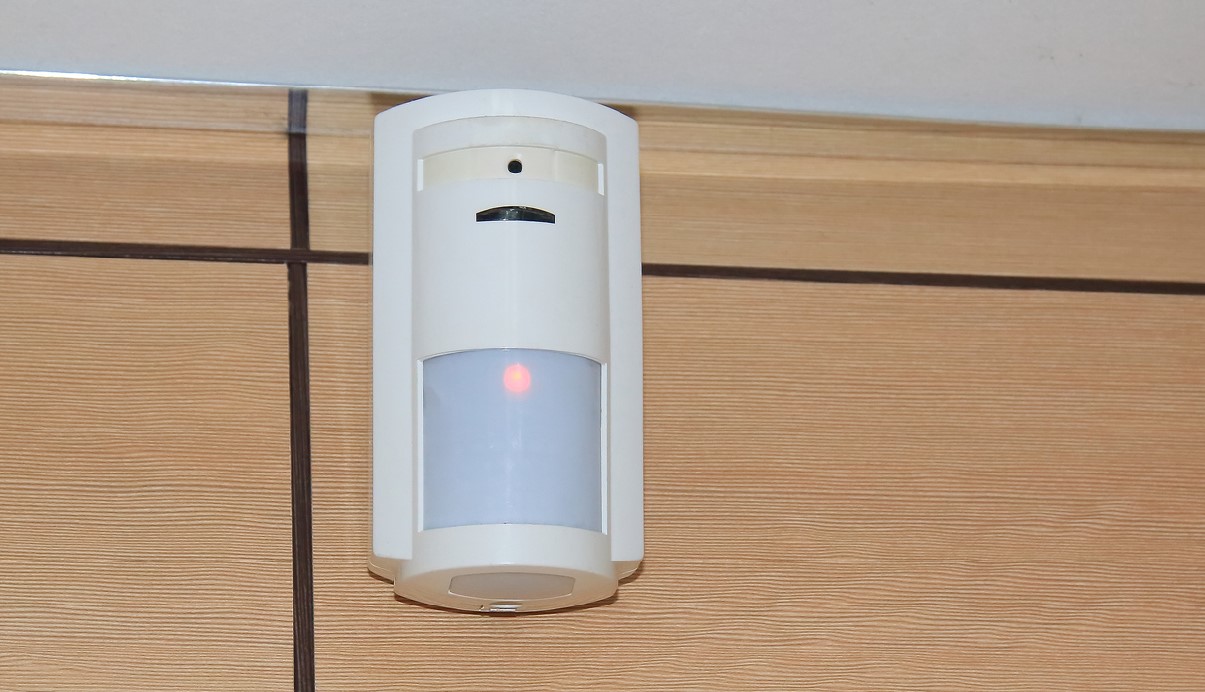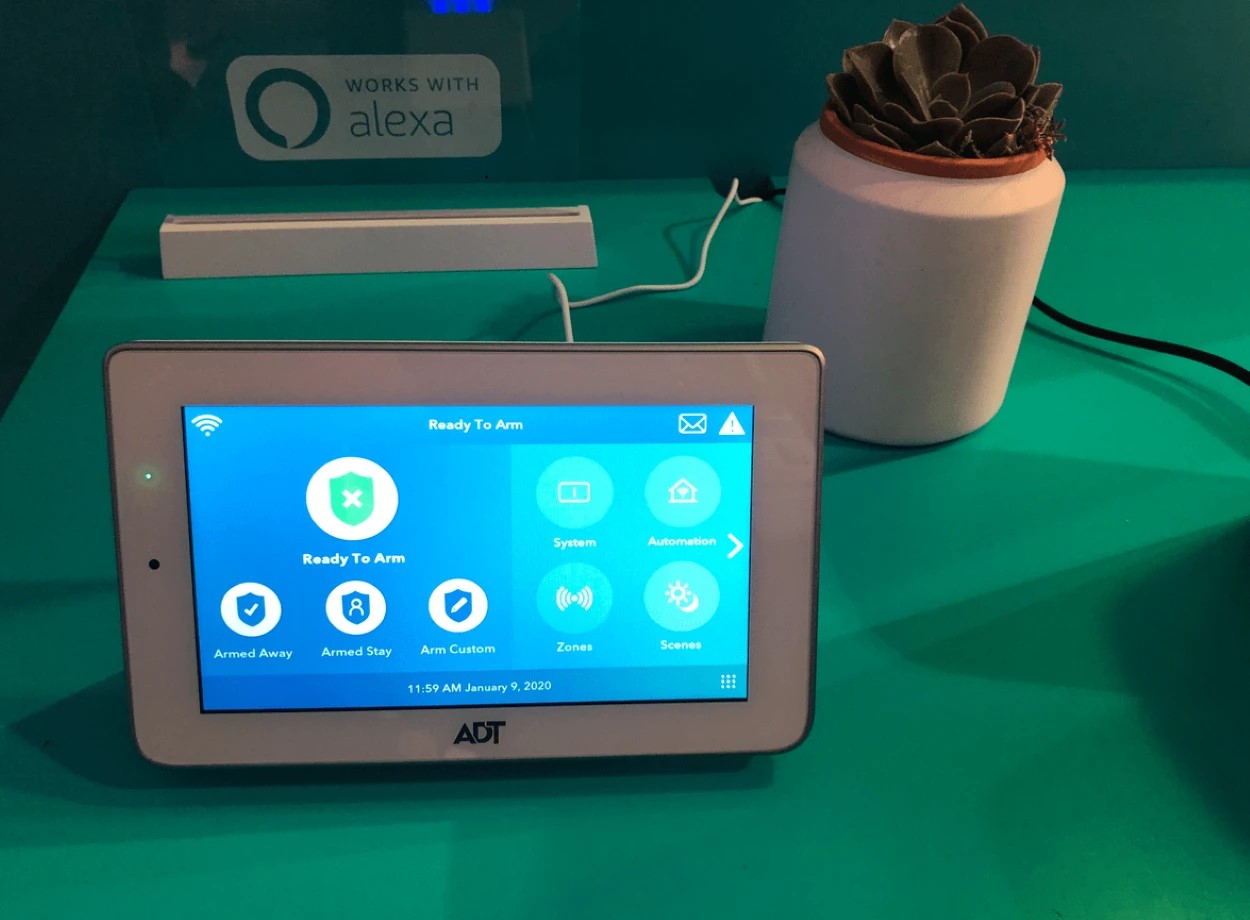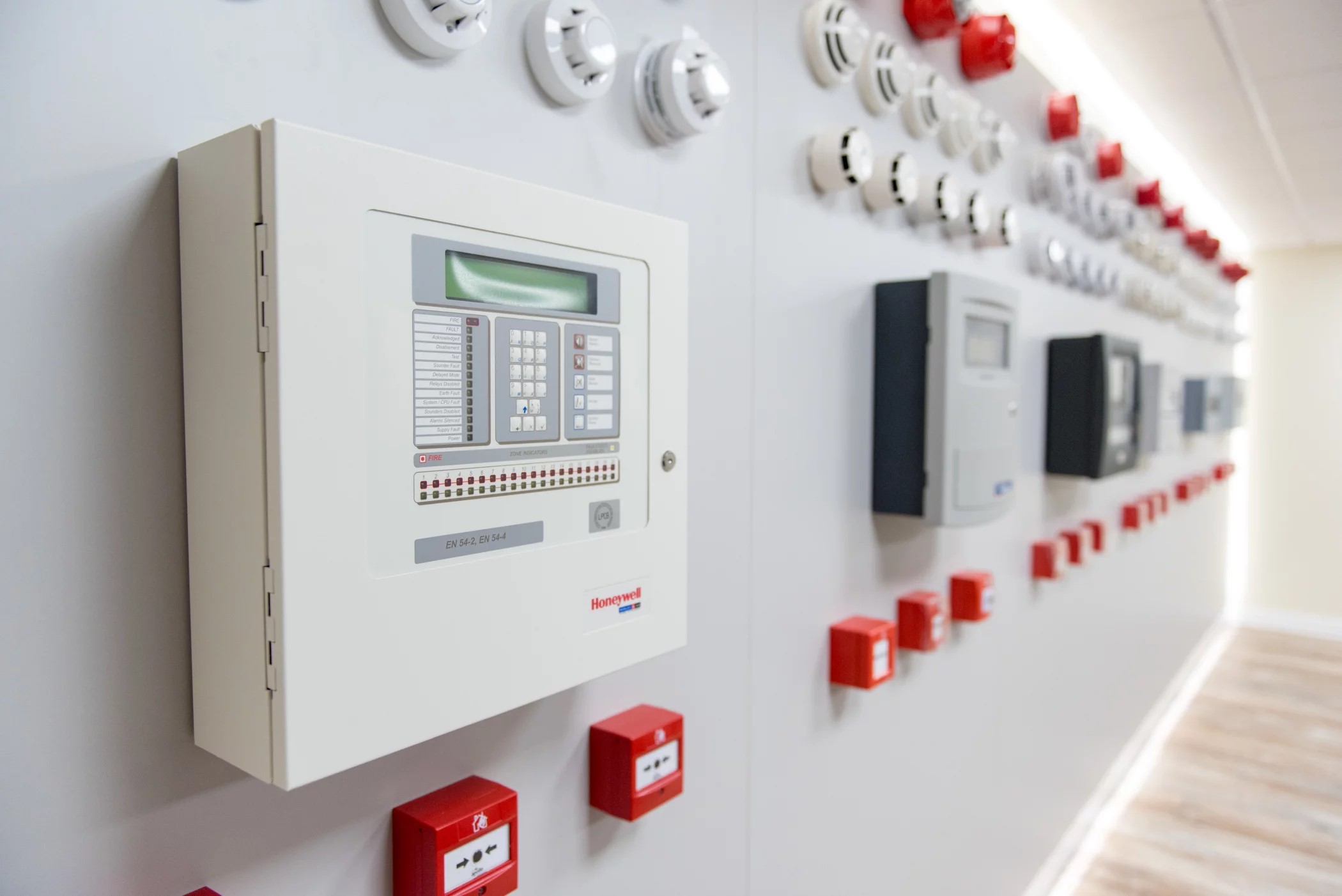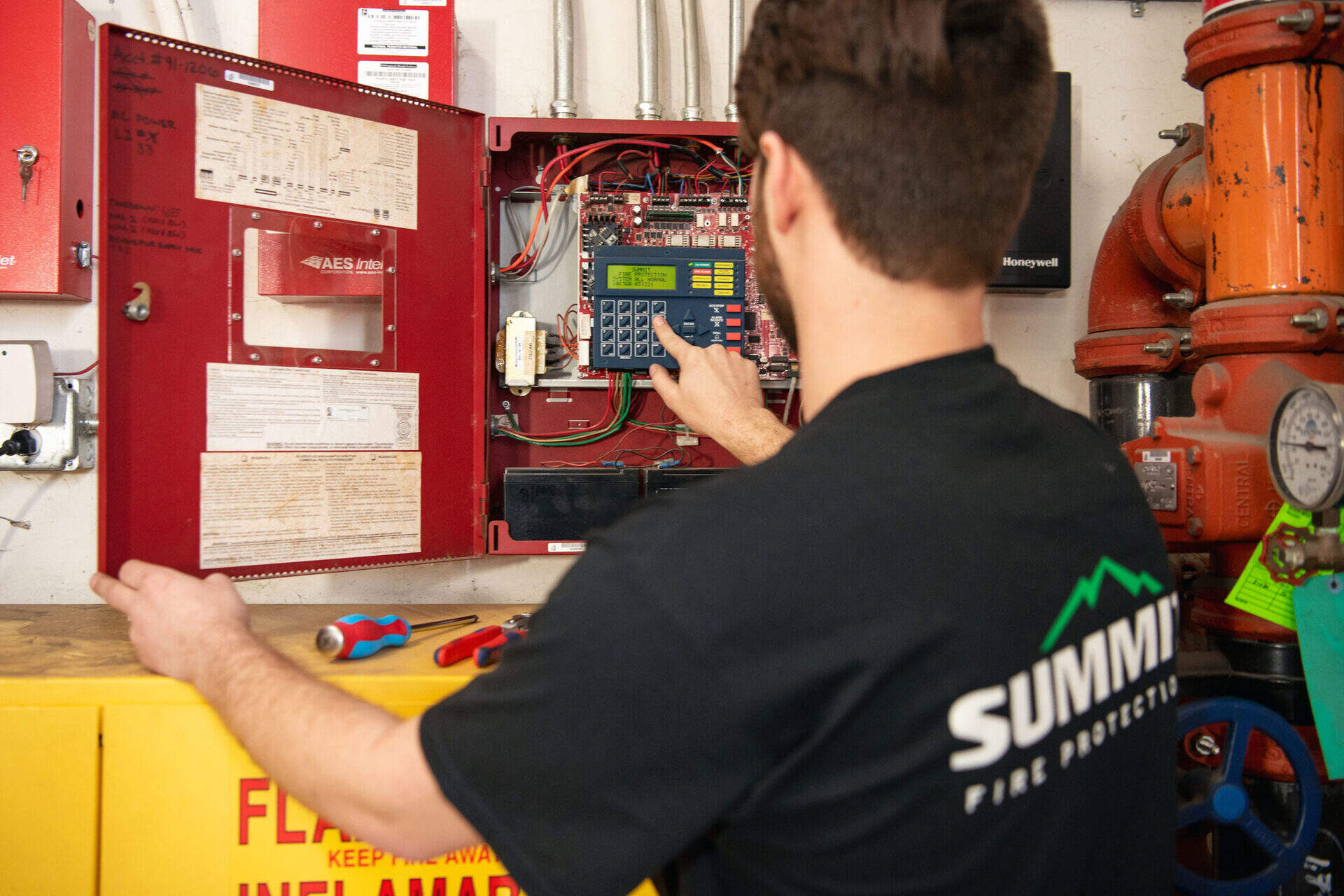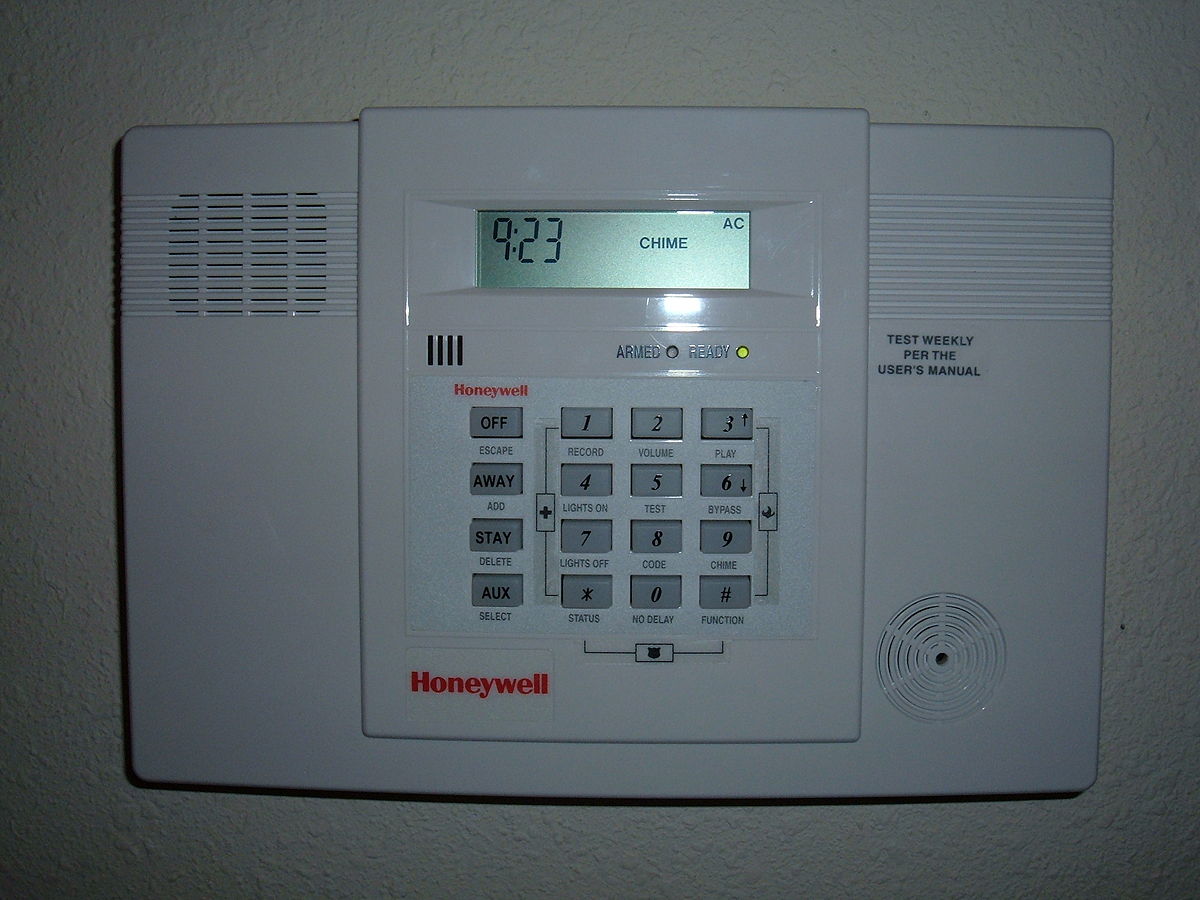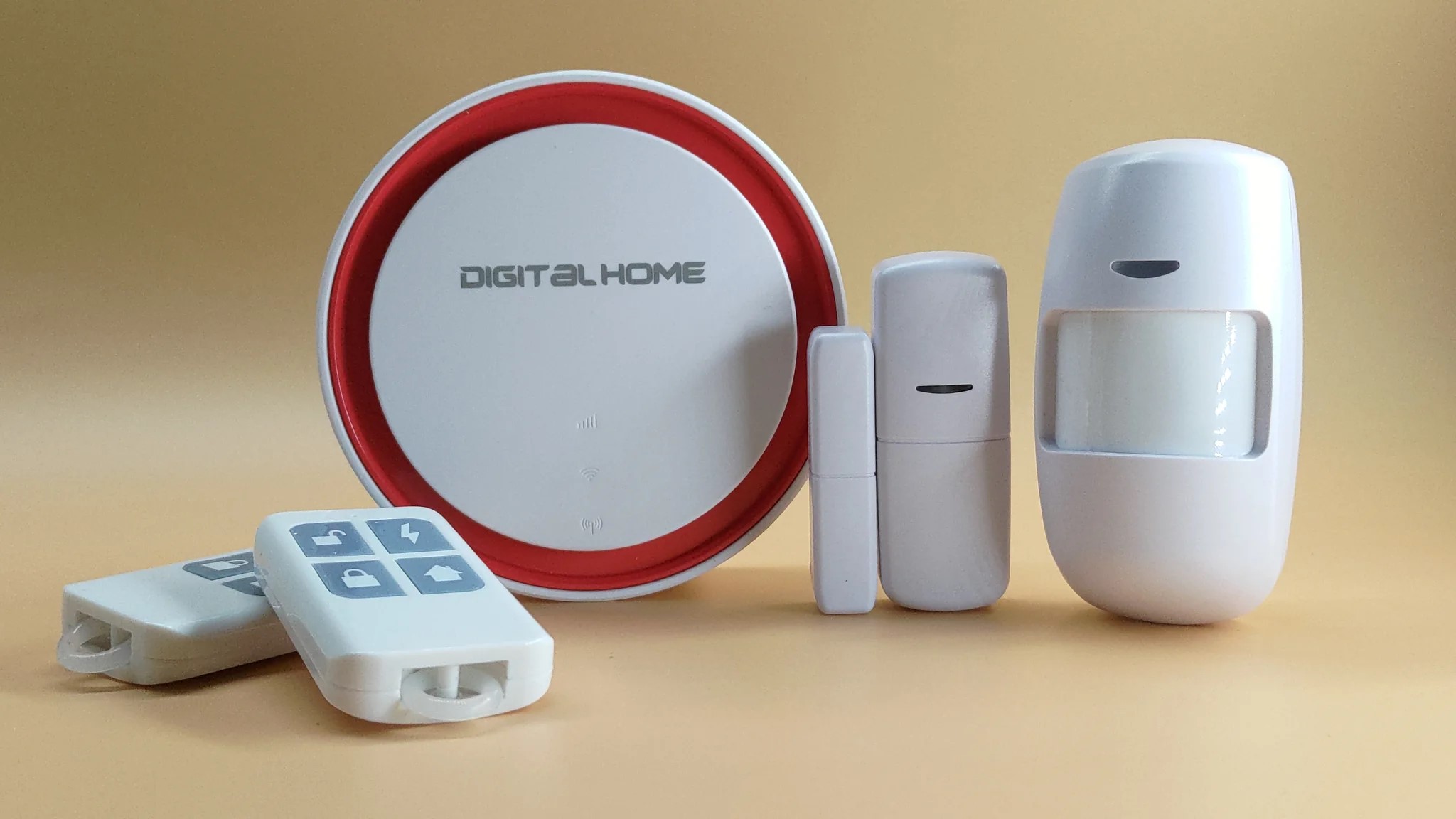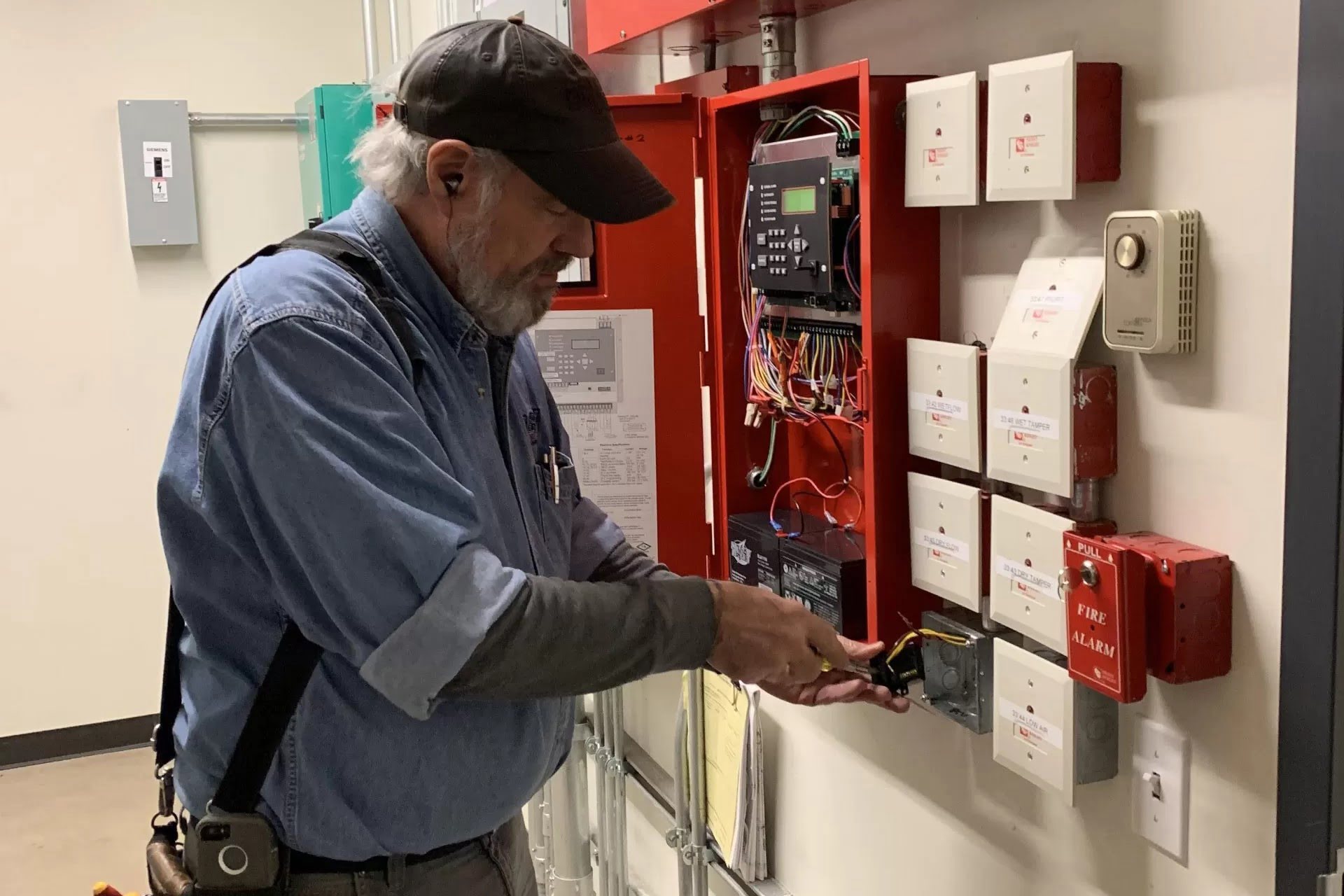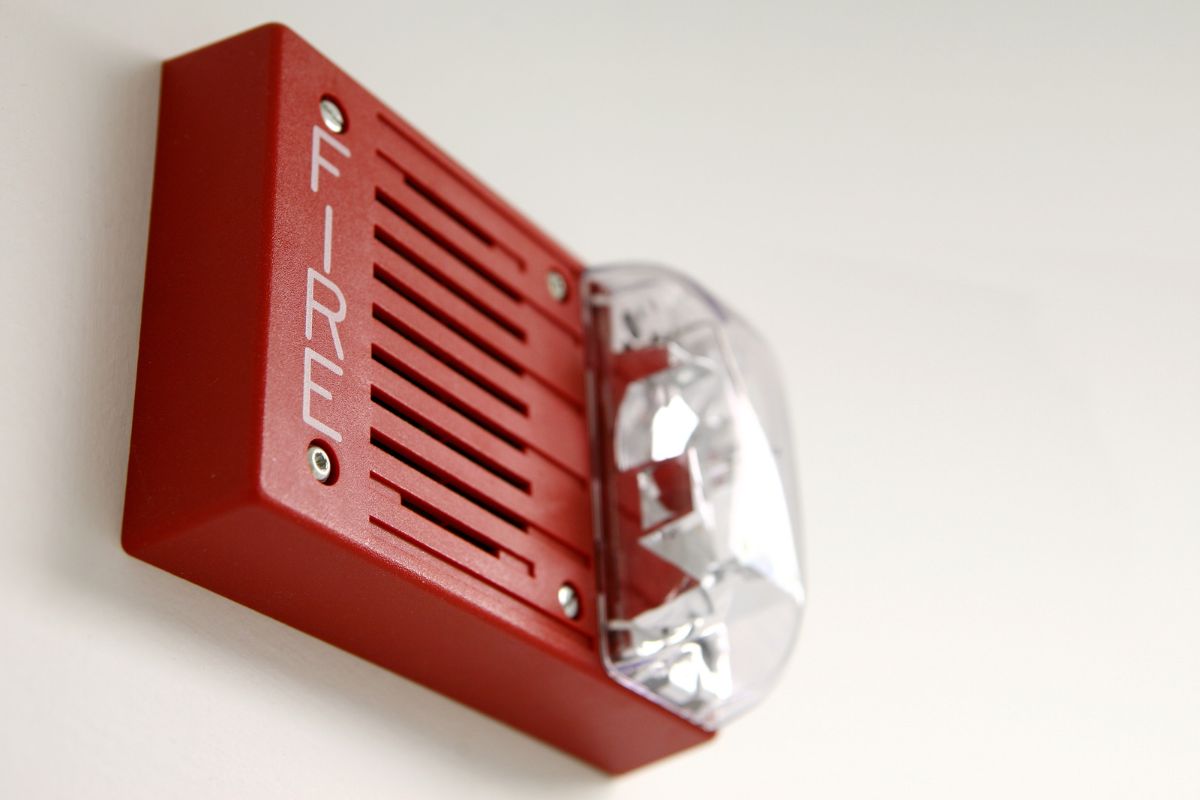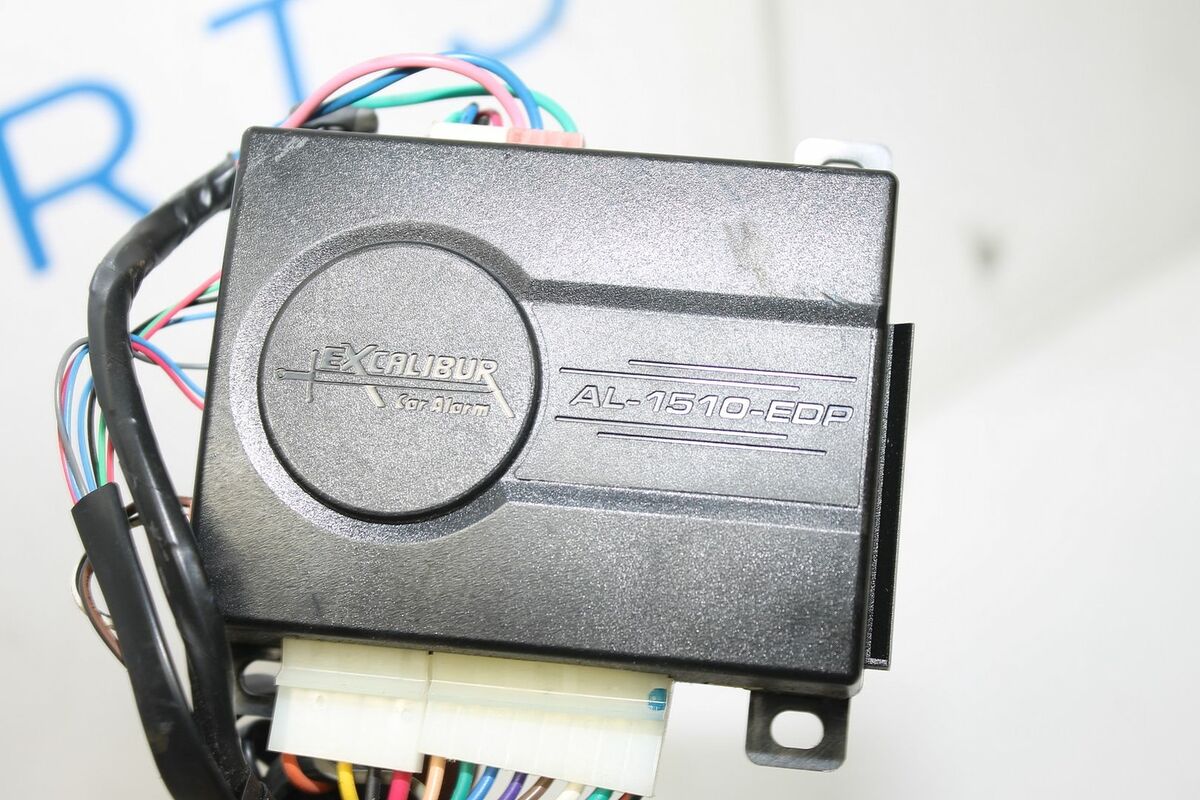Home>Home Security and Surveillance>How Effective Are Home Alarm Systems
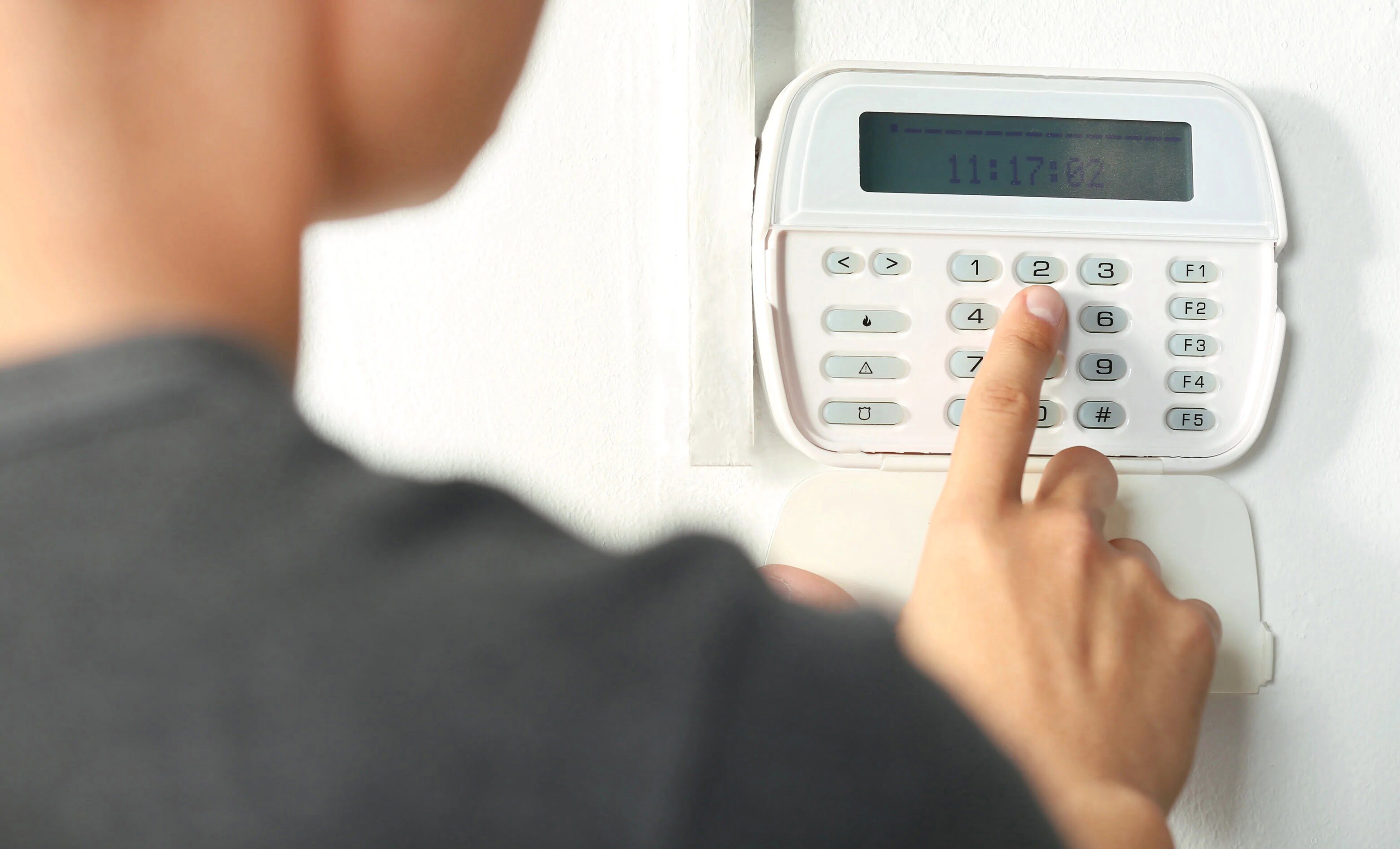

Home Security and Surveillance
How Effective Are Home Alarm Systems
Modified: October 20, 2024
Discover the effectiveness of home alarm systems for enhancing home security and surveillance. Invest in reliable home security solutions for peace of mind.
(Many of the links in this article redirect to a specific reviewed product. Your purchase of these products through affiliate links helps to generate commission for Storables.com, at no extra cost. Learn more)
Introduction
Welcome to the world of home security and surveillance! In today’s fast-paced and interconnected world, ensuring the safety and security of our homes has become a top priority. With the rise in crime rates and increasing concerns about personal safety, it is essential to have effective measures in place to protect our homes and loved ones.
One of the most effective ways to enhance home security is by installing a home alarm system. Home alarm systems provide an added layer of security by detecting and alerting homeowners to potential threats such as burglaries, fire incidents, or even medical emergencies. These systems have proven to be highly effective in deterring criminals and providing peace of mind to homeowners.
In this comprehensive guide, we will explore the importance of home alarm systems, different types available in the market, key features to consider, and factors affecting their effectiveness. We will also discuss the advantages and disadvantages of home alarm systems, common misconceptions, and provide valuable tips for choosing and utilizing these systems to their full potential.
Whether you are a new homeowner looking to secure your property or someone who wants to upgrade their existing security measures, this article will equip you with the necessary knowledge to make informed decisions. So, let’s dive in and discover the world of home security and surveillance!
Key Takeaways:
- Home alarm systems provide peace of mind, deter criminals, and offer early warnings for threats like burglaries and fires. They are essential for protecting loved ones and property.
- Choosing a home alarm system requires careful consideration, regular maintenance, and user education. When used effectively, they enhance home security and provide valuable protection.
Read more: How Tampering Looks On Alarm Systems
The Importance of Home Alarm Systems
Home security should never be taken lightly. Your home is your sanctuary, a place where you should feel safe and protected. However, without the proper security measures in place, your home could be vulnerable to various risks and threats. This is where home alarm systems come into play.
One of the primary reasons why home alarm systems are crucial is their ability to deter criminals. Studies have shown that homes without security systems are significantly more likely to be targeted by burglars or intruders. The mere presence of a visible alarm system can act as a powerful deterrent, discouraging potential criminals from attempting a break-in.
Moreover, home alarm systems provide the essential early warning system that can alert homeowners or authorities to potential threats. Whether it is a burglary attempt, a fire outbreak, or a medical emergency, these systems are equipped with sensors and detectors that promptly detect any abnormal activity and trigger an alarm. This immediate notification allows for quick response, minimizing the risk of theft, property damage, or even loss of life.
Another key aspect of home alarm systems is their ability to provide peace of mind. Knowing that your home is protected by a reliable security system can significantly reduce stress and anxiety, especially when you are away from home. Whether you are at work, on vacation, or simply running errands, you can have the confidence that your home is being monitored and protected.
Home alarm systems also offer convenience and remote access. Modern systems are equipped with advanced technology, allowing homeowners to control and monitor their security systems from anywhere through smartphone apps. Whether you want to arm or disarm the system, receive real-time notifications, or view live video footage, you can do it all with just a few taps on your phone.
Furthermore, having a home alarm system can lead to potential savings on home insurance premiums. Insurance companies often offer discounts to homeowners who have installed security systems, as these systems reduce the likelihood of theft or damage. Over time, these savings can add up, making your investment in a home alarm system financially beneficial.
In summary, the importance of home alarm systems cannot be overstated. They provide a powerful deterrent to potential criminals, offer early warning and quick response capabilities, bring peace of mind, and offer convenience and remote access. Whether you want to protect your property, loved ones, or valuable possessions, a home alarm system is an essential component of a comprehensive home security strategy.
Types of Home Alarm Systems
When it comes to home alarm systems, there is a wide range of options available in the market. Understanding the different types of systems will help you choose the one that best suits your needs and preferences. Let’s explore some of the most common types of home alarm systems:
- Burglar Alarm Systems: These are the most basic and widely used home alarm systems. They are designed to detect unauthorized entry into a property. Burglar alarm systems consist of sensors placed on doors, windows, and other entry points. When the system is armed, any breach or unauthorized entry triggers an alarm, alerting homeowners or authorities. These systems may also include motion detectors to detect movement within the property.
- Fire Alarm Systems: Safeguarding your home against fire hazards is of utmost importance. Fire alarm systems are designed to detect smoke, heat, or flames and provide early warning in case of a fire outbreak. These systems are typically equipped with smoke detectors, heat detectors, or a combination of both. When a fire is detected, the system activates audible and visual alarms, allowing for quick evacuation and summoning of emergency services.
- Carbon Monoxide (CO) Alarm Systems: Carbon monoxide is a toxic gas that is odorless and colorless, making it extremely dangerous. CO alarm systems are designed to detect and alert homeowners to the presence of this gas. These systems consist of sensors that monitor the air for carbon monoxide levels. If high levels are detected, the system triggers an alarm, allowing occupants to evacuate and seek fresh air immediately.
- Medical Alert Systems: These systems are specifically designed to assist individuals who require medical monitoring or have medical conditions. Medical alert systems typically consist of a wearable device with a panic button or a pendant that can be pressed in case of an emergency. When the button is pressed, it sends an alert to a monitoring center, which can then dispatch the appropriate medical assistance.
- Video Surveillance Systems: Video surveillance systems provide an additional layer of security by monitoring and recording activities within and around your property. These systems typically consist of cameras strategically placed to capture footage of potential threats or suspicious activities. Modern video surveillance systems often come with advanced features such as motion detection, night vision, and remote viewing capabilities.
It is important to assess your specific security needs and consider factors such as the size of your property, location, budget, and personal preferences when choosing a home alarm system. Additionally, many home security companies offer comprehensive packages that combine multiple types of alarm systems for enhanced protection.
Remember, no matter which type of home alarm system you choose, the key is to ensure it is installed correctly and maintained regularly for optimal performance. The right home alarm system can provide the peace of mind and protection you desire for your home and loved ones.
Features to Consider in Home Alarm Systems
When choosing a home alarm system, it is important to consider various features that will enhance its effectiveness and suit your specific needs. Here are some key features to consider:
- Wireless Connectivity: Opt for a home alarm system that utilizes wireless connectivity instead of traditional wired systems. Wireless systems offer greater flexibility in installation and are not prone to tampering by cutting wires.
- Central Monitoring: Look for a system that offers central monitoring services. This means that when an alarm is triggered, a monitoring center is immediately notified and can quickly contact the appropriate authorities or emergency services.
- Mobile Alerts and Remote Access: Choose a system that provides mobile alerts and remote access capabilities. This allows you to receive notifications on your smartphone in real-time and remotely control and monitor your alarm system from anywhere.
- Security Cameras: Consider whether you want to include security cameras in your alarm system. Cameras provide visual evidence of any incidents and can act as a deterrent to potential criminals. Look for features such as high-resolution video, night vision, and motion detection.
- Home Automation Integration: If you already have a home automation system or plan to install one, choose an alarm system that can integrate seamlessly with your existing smart home devices. This allows you to control multiple aspects of your home security and automation from a single interface.
- Smart Sensors: Consider sensors that can detect multiple threats such as motion, smoke, carbon monoxide, and water leaks. Smart sensors can provide comprehensive protection and alerts for various emergencies.
- Backup Power Supply: Ensure that your home alarm system has a backup power supply to keep it running in case of a power outage. This ensures uninterrupted protection when you need it the most.
- User-Friendly Interface: Choose a system with an intuitive and user-friendly interface. The control panel, mobile app, or web interface should be easy to navigate and operate, allowing you to manage your alarm system with ease.
Consider your specific requirements and preferences when evaluating the features of different home alarm systems. Make sure the system aligns with your budget, fits the size and layout of your property, and provides the level of security and convenience you desire.
Lastly, it is always recommended to consult professional home security experts who can assess your needs and help you select the most appropriate alarm system for your home. They can guide you on the best features to consider and ensure proper installation and setup for optimal performance.
Effectiveness of Home Alarm Systems
Home alarm systems have proven to be highly effective in enhancing home security and deterring potential criminals. The effectiveness of these systems can be attributed to several factors:
- Deterrence: The mere presence of a visible home alarm system acts as a powerful deterrent. Studies have shown that homes without security systems are more likely to be targeted by criminals. The sight of an alarm system often makes burglars think twice before attempting a break-in.
- Early Warning: Home alarm systems provide an early warning system that alerts homeowners or monitoring centers to potential threats. Whether it is a forced entry, a fire outbreak, or a medical emergency, the system can quickly detect and notify the relevant parties, allowing for a swift response and minimizing potential damage or harm.
- Rapid Response: When an alarm is triggered, a monitoring center can quickly contact the appropriate authorities or emergency services. This ensures a timely response, increasing the chances of apprehending intruders, extinguishing fires, or providing medical assistance.
- Remote Monitoring: Many home alarm systems offer remote monitoring capabilities, allowing homeowners to keep an eye on their properties even when they are away. Real-time notifications and remote access to security cameras enable homeowners to take immediate action in the event of an alarm activation.
- Integration with Other Security Measures: Home alarm systems can integrate with other security measures, such as surveillance cameras, motion-activated lights, and access control systems. This comprehensive approach enhances the overall effectiveness of home security, as all components work together to detect and deter potential threats.
- Insurance Benefits: Installing a home alarm system may result in lower home insurance premiums. Insurance companies consider homes with alarm systems to be less risky, leading to potential cost savings for homeowners.
While home alarm systems significantly enhance home security, it is important to note that no system is foolproof. Factors such as system maintenance, proper installation, user awareness, and response time all play a role in the overall effectiveness of the system.
Additionally, it is essential to choose a home alarm system that suits your specific needs and addresses the vulnerabilities of your property. Consulting with professionals in the home security industry can ensure that you select the most effective system for your home and maximize its potential.
Remember, home alarm systems act as a valuable deterrent and early warning system, but they work best when combined with other security measures and a proactive approach to home security. By investing in a reliable and comprehensive home alarm system, you can significantly reduce the risk of break-ins, protect your loved ones, and gain peace of mind knowing that your home is well-secured.
Read more: How To Use Tyco Alarm Systems
Factors Affecting the Effectiveness of Home Alarm Systems
While home alarm systems are undoubtedly effective in enhancing home security, several factors can influence their overall effectiveness. It is important to be aware of these factors to ensure that your alarm system functions optimally and provides the level of protection you desire. Let’s explore some key factors affecting the effectiveness of home alarm systems:
- Proper Installation: The proper installation of a home alarm system is critical for its effectiveness. Improper installation can lead to faulty sensor placement, weak signal transmission, or false alarms. Engaging professional installers ensures that the system is installed correctly and all components are working as intended.
- User Awareness and Training: Even the most sophisticated alarm system is only effective if users know how to operate it correctly. Homeowners and other authorized users should be adequately trained on how to arm and disarm the system, interpret and respond to alarms, and operate any associated devices or apps. Regular training and communication about the system’s functionality and features are essential.
- System Maintenance: Regular maintenance is crucial to the effectiveness of a home alarm system. Routine checks of sensors, batteries, connections, and software updates are necessary to ensure that all components are functioning properly. Neglecting maintenance can lead to system malfunctions and false alarms, compromising the overall effectiveness of the system.
- Response Time: The speed of response to alarm events significantly impacts the effectiveness of a home alarm system. Whether it’s the homeowners themselves or a monitoring center, quick and appropriate action is necessary to mitigate any potential threats promptly. Arrange for a reliable monitoring service and establish emergency response protocols to ensure a swift response when alarms are triggered.
- System Integration: Integrating your home alarm system with other security measures can enhance its effectiveness. Connecting surveillance cameras, motion sensors, and access control systems to your alarm system creates a comprehensive security solution, providing multiple layers of protection to your property.
- User Error: User error can impact the effectiveness of a home alarm system. Failing to arm the system when leaving the house, leaving doors or windows improperly secured, or failing to follow proper procedures can render the system ineffective. Proper user education and clear guidelines are essential in minimizing user error.
- False Alarms: False alarms can diminish the effectiveness of a home alarm system as they can lead to complacency and nonchalant responses from homeowners and authorities. Take care to minimize false alarms by ensuring proper installation, maintenance, and user training, and by addressing any system malfunctions promptly.
By being mindful of these factors and taking appropriate measures, you can optimize the effectiveness of your home alarm system. Regular maintenance, user awareness, prompt response, and integration with other security measures all contribute to a well-functioning and highly effective home security solution.
Remember, the effectiveness of your home alarm system is a collective effort involving proper installation, user awareness and training, system maintenance, and timely responses. By addressing these factors, you can maximize the effectiveness of your home alarm system and provide the highest level of protection for your home and loved ones.
When choosing a home alarm system, look for one with 24/7 monitoring and cellular backup to ensure it’s effective in alerting authorities in case of an emergency.
Advantages and Disadvantages of Home Alarm Systems
Home alarm systems offer numerous advantages in terms of enhancing home security and providing peace of mind. However, like any security measure, they also come with some potential disadvantages. Here, we will explore the advantages and disadvantages of home alarm systems:
Advantages:
- Deterrence: The presence of a home alarm system acts as a powerful deterrent to potential burglars and intruders, significantly reducing the risk of break-ins.
- Early Warning and Quick Response: Home alarm systems provide early warning for various threats, such as unauthorized entry, fire, or medical emergencies. This allows for prompt response, minimizing damage, and increasing the chances of protecting life and property.
- Peace of Mind: Knowing that your home is equipped with a reliable alarm system grants you peace of mind, whether you are at home or away, as you can monitor your property and receive real-time alerts on your smartphone.
- Insurance Benefits: Many insurance companies offer discounts on home insurance premiums for homes with installed alarm systems. This can result in long-term cost savings for homeowners.
- Integration with Other Security Measures: Home alarm systems can integrate with other security measures, such as surveillance cameras, access control systems, and smart home devices. This allows for a comprehensive and interconnected security solution.
Disadvantages:
- False Alarms: Home alarm systems may occasionally trigger false alarms, which can lead to complacency and nonchalant responses from homeowners and authorities. It is essential to properly maintain and use the system to minimize the occurrence of false alarms.
- Cost: Installing a home alarm system can be a significant financial investment. In addition to the initial installation costs, there may be ongoing fees for professional monitoring services and maintenance.
- Expertise Required: Proper installation and setup of a home alarm system require technical knowledge and expertise. While DIY options are available, professional installation ensures optimal functionality and effectiveness.
- User Error: User error, such as forgetting to arm the system or leaving doors or windows unlocked, can result in a less effective security solution. Proper user education and adherence to security protocols are crucial.
- Reliance on Power and Connectivity: Home alarm systems rely on a power source and often require a stable internet connection or cellular network for remote monitoring. Power outages or connectivity issues can temporarily disable the system’s effectiveness.
By being aware of these advantages and disadvantages, you can make an informed decision on whether a home alarm system is the right security solution for your home. Remember to consider your specific needs, budget, and security requirements when evaluating the advantages and disadvantages.
It’s important to note that while there may be potential drawbacks, the benefits associated with home alarm systems, such as improved security, early warning, and peace of mind, often outweigh the disadvantages. Careful consideration, proper maintenance, and user adherence to security protocols can address many of the potential limitations, ensuring that your home alarm system provides the protection you desire.
Read more: How To Become An Alarm Systems Dealer
Common Misconceptions About Home Alarm Systems
When it comes to home alarm systems, there are several common misconceptions that can mislead homeowners and prevent them from fully understanding the benefits and capabilities of these security systems. Let’s debunk some of the most prevalent misconceptions:
- Misconception: Home alarm systems are only effective when you’re away. Some homeowners believe that home alarm systems are only useful when the house is unoccupied. However, the reality is that alarm systems provide 24/7 protection, whether you’re at home, sleeping, or away. They act as a deterrent and provide early warning, regardless of your presence in the house.
- Misconception: Alarm systems are too expensive. While it’s true that there may be upfront costs associated with purchasing and installing a home alarm system, the long-term benefits often outweigh the initial investment. Additionally, advancements in technology have made alarm systems more affordable and accessible than ever before.
- Misconception: Pets will constantly trigger false alarms. Many homeowners worry that their pets will trigger false alarms, leading them to believe that home alarm systems are not suitable for households with pets. However, modern alarm systems can be pet-friendly, with motion sensors that can differentiate between the movement of pets and potential intruders.
- Misconception: Alarm systems are only useful for deterring burglars. While one of the primary roles of a home alarm system is to deter burglars, its effectiveness extends beyond that. Alarm systems can provide early warning for various emergencies, including fires, carbon monoxide leaks, and medical emergencies. They can help ensure the safety and well-being of your family in multiple scenarios.
- Misconception: Home alarm systems are complex and difficult to use. It’s a common misconception that alarm systems are complicated to operate. In reality, modern systems are designed to be user-friendly, with intuitive interfaces and mobile apps that make monitoring and controlling the system a breeze. Proper user education and training ensure that homeowners can easily navigate their alarm systems.
- Misconception: Alarm systems are easily hacked. While no security system is completely immune to hacking, reputable home alarm systems employ advanced encryption and security measures to protect against unauthorized access. As long as you choose a reliable and reputable alarm system provider and follow recommended security practices, the risk of a system being hacked is minimal.
- Misconception: Home alarm systems require a landline phone connection. In the past, home alarm systems relied on landline phone connections for communication. However, with the rise of wireless and cellular technology, many alarm systems now operate wirelessly, eliminating the need for a landline phone connection.
It’s essential to separate fact from fiction when it comes to home alarm systems. By understanding the capabilities and dispelling common misconceptions, homeowners can make informed decisions about their home security. Ultimately, home alarm systems provide peace of mind, enhance security, and offer protection for your loved ones and property.
Tips for Choosing and Using Home Alarm Systems
Choosing and effectively using a home alarm system is crucial for enhancing home security. Here are some valuable tips to consider when selecting and utilizing a home alarm system:
- Conduct a Security Assessment: Assess the security needs of your home. Identify vulnerable points of entry, potential risks, and specific security requirements before choosing a home alarm system.
- Research Different Alarm System Options: Explore the market and research different types of alarm systems, features, and brands. Consider factors such as reliability, reputation, and customer reviews when narrowing down your choices.
- Choose a System That Fits Your Needs: Select a home alarm system that aligns with your specific requirements, property size, budget, and preferences. Ensure that the system includes the necessary sensors, detectors, and features to provide comprehensive security.
- Consider Professional Installation: For optimal functionality and effectiveness, consider professional installation. Experienced technicians can ensure proper placement of sensors, proper connections, and provide guidance on using the system effectively.
- Understand the System’s Features: Take the time to familiarize yourself with the features of your home alarm system. Understand how to arm and disarm the system, set up zones, operate any associated apps or remote control devices, and interpret alarm signals.
- Regularly Test and Maintain the System: Test your alarm system regularly to ensure that all components are functioning correctly. Replace batteries when needed and schedule routine maintenance checks with the alarm system provider to keep the system running smoothly.
- Secure Doors and Windows: Remember that an alarm system is most effective when combined with sturdy doors, reinforced locks, and secure windows. Upgrade weak points of entry to enhance the effectiveness of your overall security measures.
- Ensure Adequate Signage: Display alarm system signage in visible locations to inform potential intruders that your home is protected. Visible signs of a home alarm system act as a deterrent and can reduce the likelihood of break-ins.
- Practice Proper User Behavior: Train all members of your household on how to use the alarm system correctly. Emphasize the importance of arming the system when leaving the house, locking doors and windows, and following all security protocols.
- Maintain Communication with Your Alarm System Provider: Stay in touch with your alarm system provider for updates, support, and any changes in emergency contact information. Regularly review your emergency contact numbers and ensure they are up-to-date.
By following these tips, you can select a suitable home alarm system that meets your security needs and maximize its effectiveness. Remember, a home alarm system is just one part of a comprehensive home security strategy. Combine it with other security measures, such as proper lighting, strong doors and locks, and neighborhood watch programs, to create a robust and reliable security system for your home.
Investing in a home alarm system and adopting proactive security measures will provide you with peace of mind and protect your loved ones and property from potential threats.
Conclusion
As we conclude this comprehensive guide on home alarm systems, it is evident that these security measures play a crucial role in enhancing the safety and security of our homes. By providing deterrence, early warning, and peace of mind, home alarm systems offer valuable protection for our loved ones and property.
We explored the importance of home alarm systems in deterring criminals and providing immediate alerts in case of potential threats such as burglaries, fires, and medical emergencies. We also discussed the different types of alarm systems available, including burglar alarms, fire alarms, carbon monoxide alarms, medical alert systems, and video surveillance systems.
In addition, we highlighted important features to consider when selecting a home alarm system, including wireless connectivity, central monitoring, mobile alerts, and remote access. We delved into the factors that affect the effectiveness of alarm systems, emphasizing the significance of proper installation, user awareness and training, system maintenance, and timely response.
Furthermore, we addressed common misconceptions surrounding home alarm systems, providing clarification on their capabilities and dispelling any false beliefs. We concluded by offering helpful tips for choosing and using home alarm systems, emphasizing the importance of conducting a security assessment, researching different options, and regularly testing and maintaining the system.
In essence, home alarm systems serve as a vital component of a comprehensive home security strategy. They provide an additional layer of protection, increase peace of mind, and deter potential threats. When combined with other security measures, such as strong doors and locks, proper lighting, and neighborhood watch programs, alarm systems enhance the overall security of our homes.
Remember, selecting and utilizing a home alarm system requires careful consideration and adherence to best practices. By following the tips outlined in this guide, you can make informed decisions, ensure the effectiveness of your alarm system, and create a secure environment for you and your loved ones.
Investing in a home alarm system is an investment in the safety and security of your home. So, take action today and explore the options available to protect what matters most to you.
Frequently Asked Questions about How Effective Are Home Alarm Systems
Was this page helpful?
At Storables.com, we guarantee accurate and reliable information. Our content, validated by Expert Board Contributors, is crafted following stringent Editorial Policies. We're committed to providing you with well-researched, expert-backed insights for all your informational needs.
